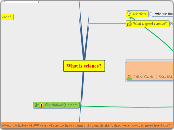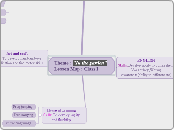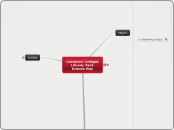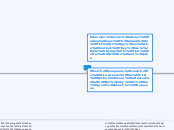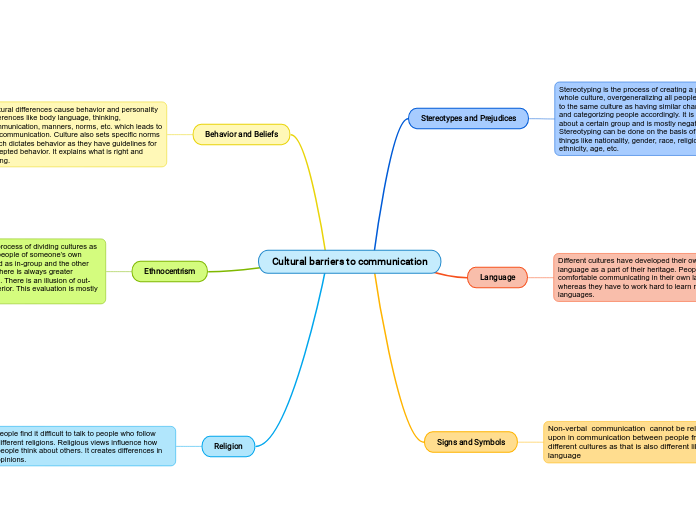av Nada Amin för 17 årar sedan
619
What is science?
Galileo Galilei, an Italian scientist from the Renaissance period, significantly transformed humanity's understanding of the universe. His work, primarily conducted in Padua, Florence, and Venice, faced considerable opposition from the Roman Catholic Church due to his revolutionary ideas.
